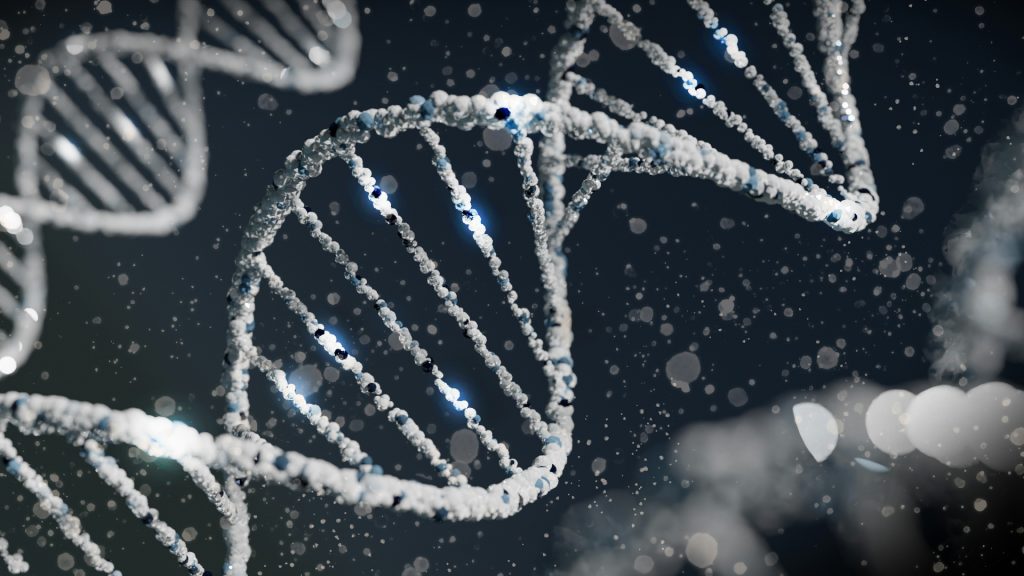Sleep is far more than rest—it’s a critical biological process that impacts nearly every function in the human body. From brain health to immune strength, modern science is uncovering how deep, quality sleep acts like a superpower for well-being.
During sleep, the brain clears toxins, consolidates memories, and processes emotions. Meanwhile, the body repairs tissues, balances hormones, and restores energy. Lack of proper sleep is linked to a wide range of health problems including depression, diabetes, obesity, and weakened immunity.
Sleep cycles are divided into REM (rapid eye movement) and non-REM stages. Each stage plays a unique role—from dream activity to muscle recovery. Even short disruptions can impact the natural rhythm, known as the circadian cycle, which is controlled by light exposure and internal biological clocks.
Technology and stress are major disruptors of modern sleep. Blue light from screens, irregular schedules, and overexposure to stimuli have led to an increase in chronic sleep deprivation.
Understanding the science of sleep helps in building better habits like maintaining consistent sleep times, reducing screen exposure before bed, and creating dark, quiet sleep environments.
In the end, sleep isn’t wasted time—it’s a vital investment in physical and mental performance.



